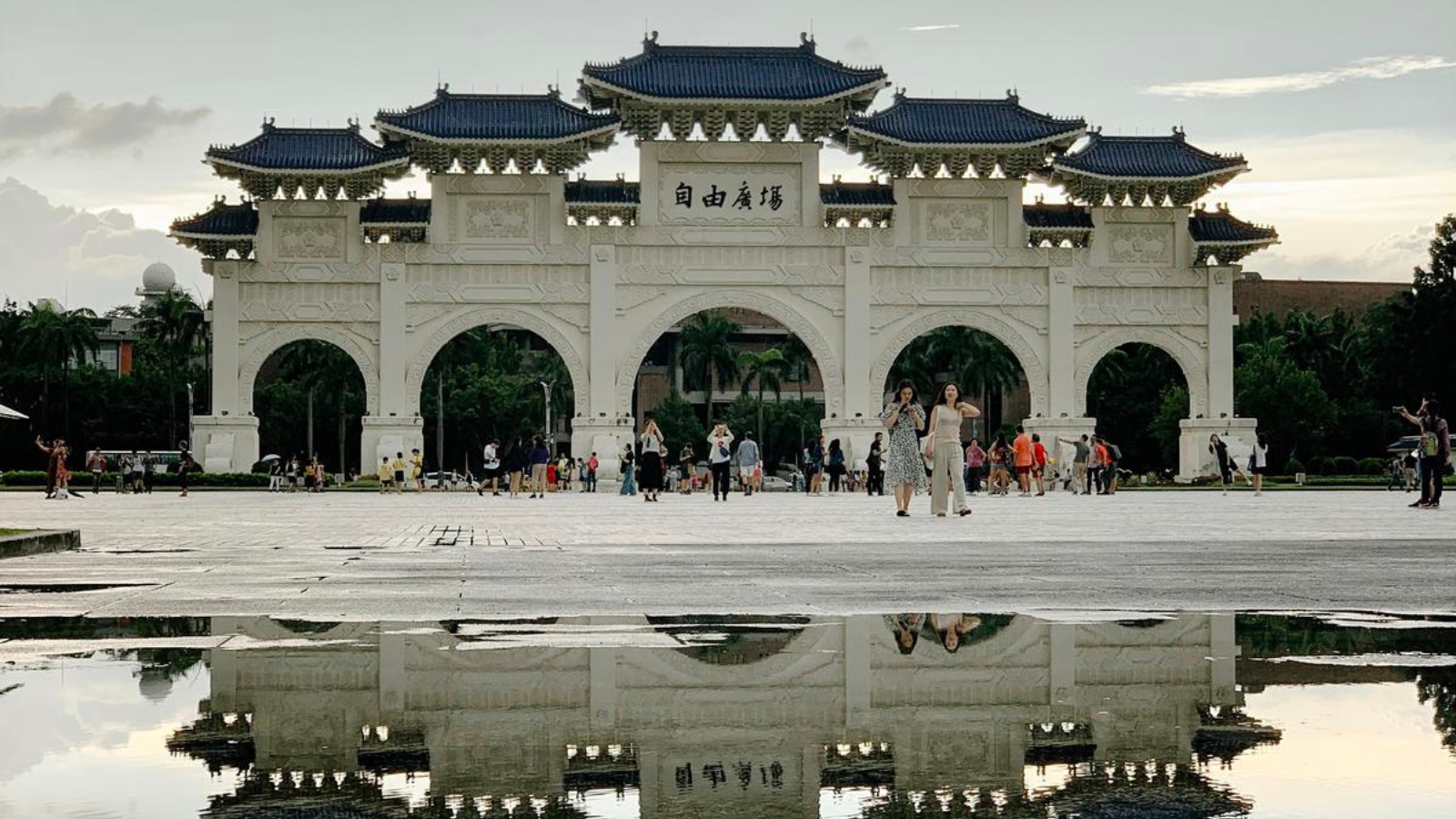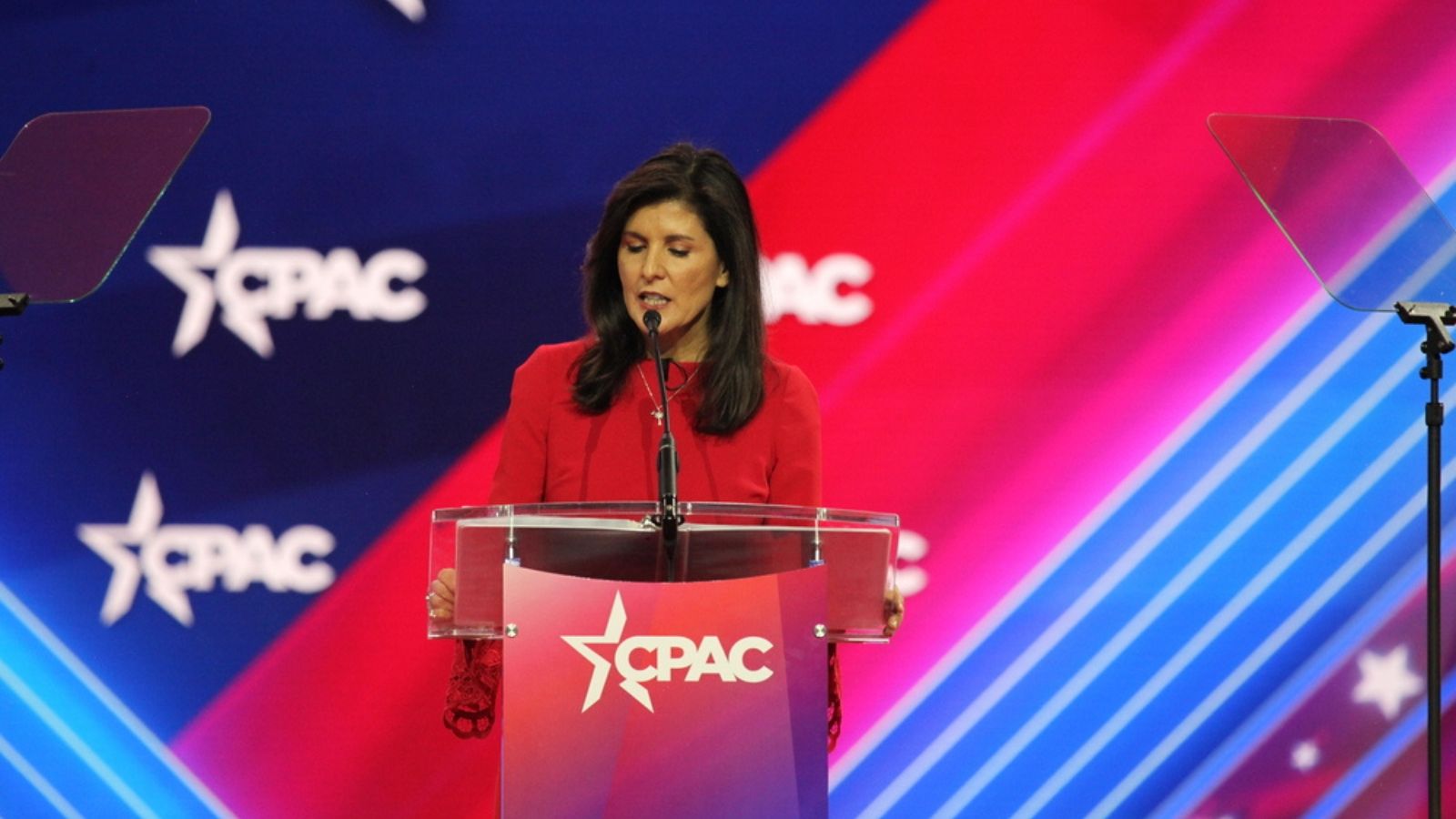Taiwan, a democratic island claimed by Beijing, is gearing up for a crucial presidential election on Saturday. China has positioned this event as “a choice between war and peace,” emphasizing the global implications of the decision Taiwan is about to make.
Key Candidates

Voters will choose a new leader to succeed Tsai Ing-wen, with Taiwanese Vice President Lai Ching-te emerging as the front-runner. In discussions with NBC News, all candidates underscore the importance of their approach to an increasingly assertive China.
The Geopolitical Balancing Act

Wen-Ti Sung from the Atlantic Council highlights the delicate position Taiwan finds itself in — trying to maintain strong ties with both the U.S., its vital international backer, and China, its largest trading partner. The island nation faces the challenge of navigating these relationships amid growing tensions.
Read More: These “Trump” Stocks Could Take Off if He’s Re-elected
Historical Context

Since founding the People’s Republic of China in 1949, Taiwan has been at the center of a sovereignty dispute. The ruling Communist Party in Beijing claims sovereignty, setting the stage for a prolonged conflict that continues to shape global politics.
“One China” Policy

Under the “One China” policy, the U.S. officially recognizes Beijing as the sole legitimate government but maintains unofficial ties with Taipei, providing crucial defensive weapons. This longstanding policy remains a critical factor in the delicate balance of power in the region.
Public Sentiment

Most of Taiwan’s 24 million citizens prefer maintaining the status quo — a delicate balance between not declaring independence and avoiding integration with China. Public sentiment becomes a crucial factor as Taiwan heads to the polls.
Also Read: New Tapes Reveal Trump Campaign’s Last-Minute Efforts to Block Biden’s Inauguration
Global Flashpoint

Taiwan’s status is a flashpoint in the complex relationship between the U.S. and China, the world’s two largest economies. The ongoing tension over Taiwan adds a layer of complexity to their already intricate geopolitical dance.
Military Posturing

China maintains near-daily military pressure on Taiwan, as evidenced by air raids, military aircraft, and naval presence. The heightened military activity underscores China and Taiwan’s strategic importance to the upcoming election.
Election Tensions

Taiwan’s defense ministry issued an air raid alert days before the election, citing China’s satellite launch. This move reflects the tense atmosphere surrounding the election and the potential impact on regional stability.
Read More: Judge Orders Giuliani to Promptly Pay Defamed Georgia Election Workers
Economic and Information Warfare

Accusations fly as Taiwan claims China is influencing the election through economic pressure and disinformation campaigns. In response, China accuses Taiwan’s governing Democratic Progressive Party (DPP) of exaggerating threats to gain voter support.
Security Concerns

Experts describe Taiwan’s security situation as “urgent but not immediate.” While China holds geopolitical ambitions, the exact timing of potential military action remains uncertain.
Voter Priorities

Beyond the China-Taiwan dynamic, voters are concerned about pressing domestic issues — education, employment, housing, and income inequality. These issues shape the electoral landscape and reflect Taiwanese society’s multifaceted challenges.
Read Next: U.S. Helicopters Exchange Fire with Houthi Militants, Disrupting Shipping Routes
Future Uncertainties

As Taiwan votes, uncertainties loom regarding China’s geopolitical ambitions and the potential consequences for the island’s future. The global community observes, recognizing the pivotal nature of this election in shaping the region’s political landscape.
More from The Stock Dork – Biden Pays Homage to Eddie Johnson’s Passing







 Tags:
Tags:










